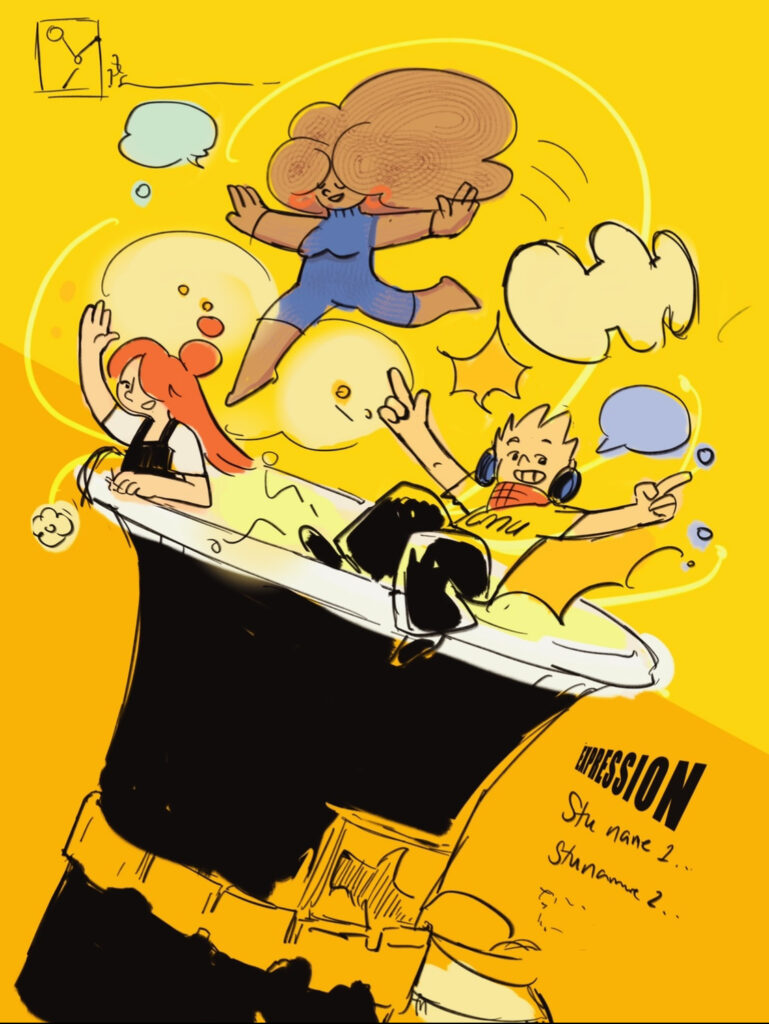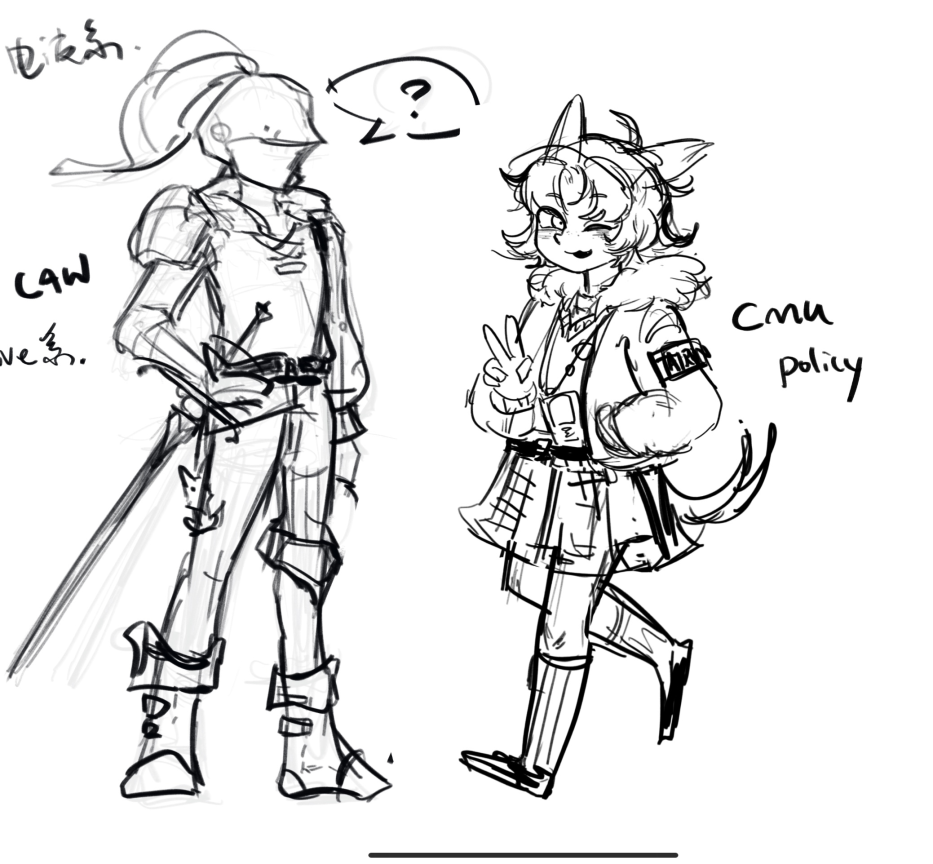Meeting with Dean Richard Scheines
This week, we had a brief online meeting with Dean Richard Scheines, arranged by our advisors Brenda and Ralph. To prepare for the meeting, we created a slide deck outlining our game design and initial ideas for integrating freedom of speech concepts into gameplay. Due to time constraints, we provided only a high-level overview of our research and design work so far.
Dean Scheines noted that our understanding of the topic still needs to be more solid. To address this, we plan to present a more detailed breakdown of our research in next week’s meeting with our advisors.
Refining the Game Design
Meanwhile, we began working on the narrative structure. To ensure steady progress, we opted for a proven and straightforward game mechanic as our foundation: a choice-based game. While we initially referred to our project as a “dating simulator”, this was mainly to highlight the innovation of personifying laws, social norms, and school policies—not to incorporate romantic relationships into the game.

Deepening Our Research
The design team reviewed reference materials provided by Professor Sharon Carver, which turned out to be extremely valuable. CMU offers a course called “Freedom of Speech & Academic Freedom”, and its exam questions and lecture slides contain a wealth of relevant insights. These materials not only summarize many ongoing debates but also provide recommended readings and survey data on CMU students’ perspectives on key issues.
Previously, our research was limited to general policies and broad overviews, but with these materials, we were able to identify more concrete and discussion-worthy topics for our game. Some of the key issues we extracted include:
- Heckler’s Veto
- How Social Norms Limit Freedom of Speech
- Hate Speech and Context
- Rights of Student Clubs in a Private University
- Social Media and Academic Freedom
- Why Students Need Controversial Discussions
- Reporting Bias Incidents
- Fear and Self-Censorship
- Trigger Warnings in the Classroom
- Institutional Neutrality
While these topics offer rich discussion opportunities, we also need to manage our scope carefully.
Narrative Structure & Next Steps
Given the breadth of the subject matter, we decided on a modular storytelling approach, where each scenario functions as an independent case. While some cases may be thematically linked, the order in which events unfold will not affect the overall gameplay flow.
Our next steps involve:
- Developing hypothetical cases based on the identified topics.
- Conducting further research to refine these scenarios.
- Writing character dialogues and in-game interactions to ensure authenticity.
- Midway through development, consolidating feedback from advisors and estimating workload to determine whether we need to trim certain topics for a more focused and cohesive experience.
By structuring our content and refining our narrative approach, we aim to create a game that is both engaging and thought-provoking, allowing players to explore the nuances of freedom of speech in a meaningful way.
